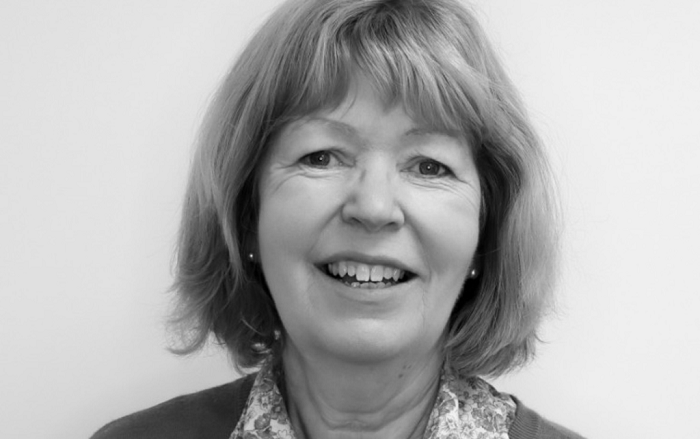As I head towards retirement, I have been looking back on my time in the industry and have been struck by the changes we have seen in protection underwriting.
Just a few years into my underwriting career something happened which rocked society and the underwriting world.
The first reported cases of AIDS in the USA were mid-1981 and in the UK in 1982.
Reported cases started to increase markedly in 1984-85 with testing showing that the those contracting the HIV virus, the forerunner of AIDS, were overwhelmingly from three groups: gay and bisexual men, people who injected drugs and people with haemophilia receiving blood products.
There was no treatment; contracting HIV and developing AIDS was seen as a death sentence.
The UK government reacted swiftly and dramatically with the chilling falling tombstone TV advert and the ‘Don’t die of ignorance’ leaflet that was delivered to every household in the UK.
The adverts worked, we were scared, and the underwriting drawbridge was well and truly drawn up.
Individuals from the at risk groups were targeted with explicitly worded question sets while medical examiners were instructed to be alert to any subliminal clues that our applicant was trying to hide something.
We became zealots in pursuit of an already marginalised group.
Were we right?
Were we right to react so strongly in view of the emerging ‘epidemic’? I would say yes.
HIV and AIDS presented an unchartered risk which would lead to ill health and premature death, it was unchartered territory and a risk we could not blindly accept.
Were we right in the way we did it? All very well in hindsight I know, but I would say probably not.
I find myself wondering if we could have been less aggressive in our approach so that affected groups would feel less like the pariahs they became.
I am acutely aware that to this day, our actions and questioning all those years ago have left many in the LGBQT+ groups extremely suspicious of protection insurance and concerned about prying and the questions they would have to answer.
Having had these misgivings it gives me great personal satisfaction and closure that in my twilight we have gone full circle as insurers including Cirencester Friendly can offer income protection to candidates living with HIV.
This has been made possible, of course, due to the huge improvements in treatment which mean that those with HIV can potentially live ‘normal’ lives but also because attitudes have changed.
Rebuild trust with LGBTQ+ community
Yes, the 80’s were great, they were my era but some underlying prejudices and the way we treated some groups in society were not great.
I’m glad that in a very small way we can put some things right.
As an industry I hope we are rebuilding trust within the LGBTQ+ group.
As an organisation, we need to make positive efforts to be more committed to inclusivity and making income protection accessible to all working people.
Treating every case with understanding and sensitivity on its own merits and being across the very latest medical advancements is a good place to start.
